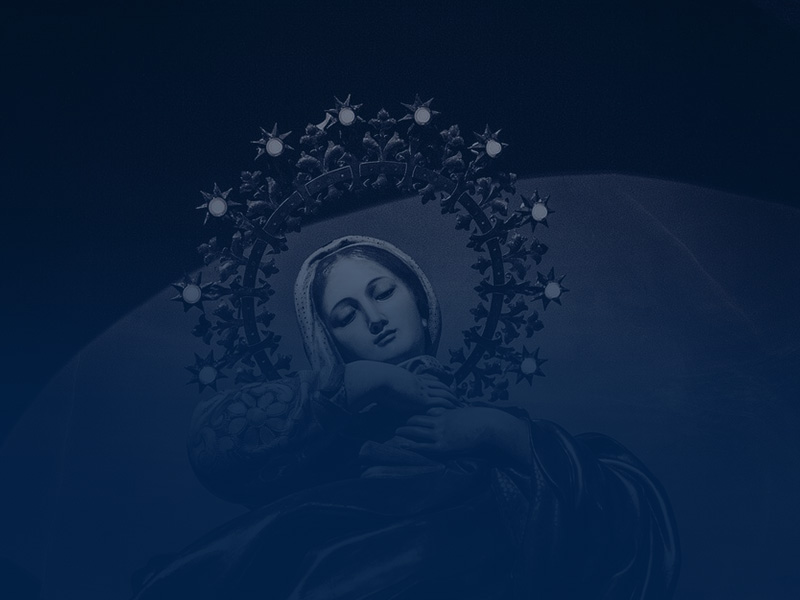
“I have a disability that prevents me from pursuing conversion to Judaism. What will happen if I never succeed to formally convert?“
First let us remember that our Lord is gracious, merciful, and compassionate. In essence, all He desires from us is that we “love YHWH your God with all your inner being, with all your life-force, and with all your abilities;” Deut. 6,4. He does not request more than this. He does not request that we love Him with more than our abilities; rather, only to the extent that we are able. “With all your abilities / resources,” — not more than your abilities or more than your resources.
This passage, and many others, incline us to believe that the Almighty accepts a person who serves God to the best of his ability, even if that person was not able to officially convert, for whatever reason beyond his control.
However, the question of whether keeping the Laws of Noah assures a person a place in the world to come is a question that the Torah is silent on. It is obvious that the Torah gives examples of non-Israelite people who the Torah itself describes as “righteous.” We do not deny this. Yet the Torah also shows us that all the non-Israelite people described as righteous in the Torah, whether Noah, Abraham, or any other, were people who went BEYOND the Laws of Noah. The Laws of Noah contain a prohibition against blasphemy, but none of the early Talmudic sources list devotion to God, prayer, giving charity, or similar things as being part of the Laws of Noah. We DO NOT deny that later non-Talmudic sources DO include such concepts in the Laws of Noah, but the Talmudic literature — the original and only authoritative source on the Laws of Noah — does not speak of such things as being part of the Laws of Noah. I could write a book today that teaches going to synagogue every Sabbath is a sub-category of the Laws of Noah, but this would not make it so, unless it can be proven from the Talmudic literature, in which case the idea would not be original to myself.
Back to the basic question of a non-Israelite having a place in the world to come. We do not see evidence in the Torah that a person is assured a place in the world to come simply for keeping the Laws of Noah. There were Talmudic Sages who had this belief, on the assumption that they kept these laws out of obedience to the G-d of Israel and Moses, but there were also Talmudic Sages who did not accept this opinion, who held that keeping the Laws of Noah does not assure a person eternal life. We emphasize that the question of whether a non-Jew who piously keeps the Laws of Noah is assured a place in the world to come is not a question the Beit Din haGadol (Great Sanhedrin) or the Talmudic Sages formally voted on. The Beit Din haGadol only voted in areas of practical halacha, on questions concerning how exactly one DOES the commandments of the Torah. They did not vote on metaphysical issues such as whether someone who keeps the Laws of Noah will have eternal life. This is an area of reality and truth which they can not affect, nor is it an area that HaShem commanded us to believe them concerning. If someone thinks God has commanded us to believe the opinions of men outside the context of the legal rulings of the Great Sanhedrin, we kindly ask that they back up their claim with a source from the Torah. The Torah commandment that serves as the basis for our heeding the ancient Sages is the command that “you shall DO according to all they instruct you;” Deut. 17,8-10. This command concerns how we DO the commandments of Torah, not what opinion we have concerning non-legal matters of dispute in the Talmud.
Again, we do not claim authority to say that those who faithfully keep the Laws of Noah out of obedience to God will not have a place in the world to come. We simply point out that this belief can not be proven from the Torah – the only everlasting Guidance given by God. We do believe, however, that a person who strives to do God’s will to the best of his ability will also desire to keep all God’s commands to the extent that he is able. Thus, once convinced of the Torah, such a person will desire to enter the Covenant of Torah. And IF for some reason beyond his control he is not able to officially / legally enter the Covenant of Torah, we believe the Torah gives indication that God still cherishes this individual and will reward him. Similarly, if someone was just about to immerse himself in water for the sake of formally entering into the Covenant, and then he suddenly dies (God forbid), we find it unthinkable that God would not have compassion on his soul.
If, for whatever reason, a person is unable to formally enter the Covenant in the foreseeable future, or his official entrance into the Covenant is delayed even for a short time, we believe that so long as this person embraces the singular God of creation, serves Him alone without partners, and accepts God’s Torah unconditionally, the Torah is already this person’s inheritance and he is already, in essence, a member of the Covenant. Our view is that the formal conversion process done under the supervision of three qualified witnesses is the legal act of conversion that affects our interaction with this person within the context of the Torah based human legal system, but the deepest aspect of entering the Covenant occurred beforehand, at the moment this person chose life, by choosing the God of Israel and His Guidance (Torah).
I hope this has added some clarity and comfort to your heart.
Sincerely,
R’ Yosef

